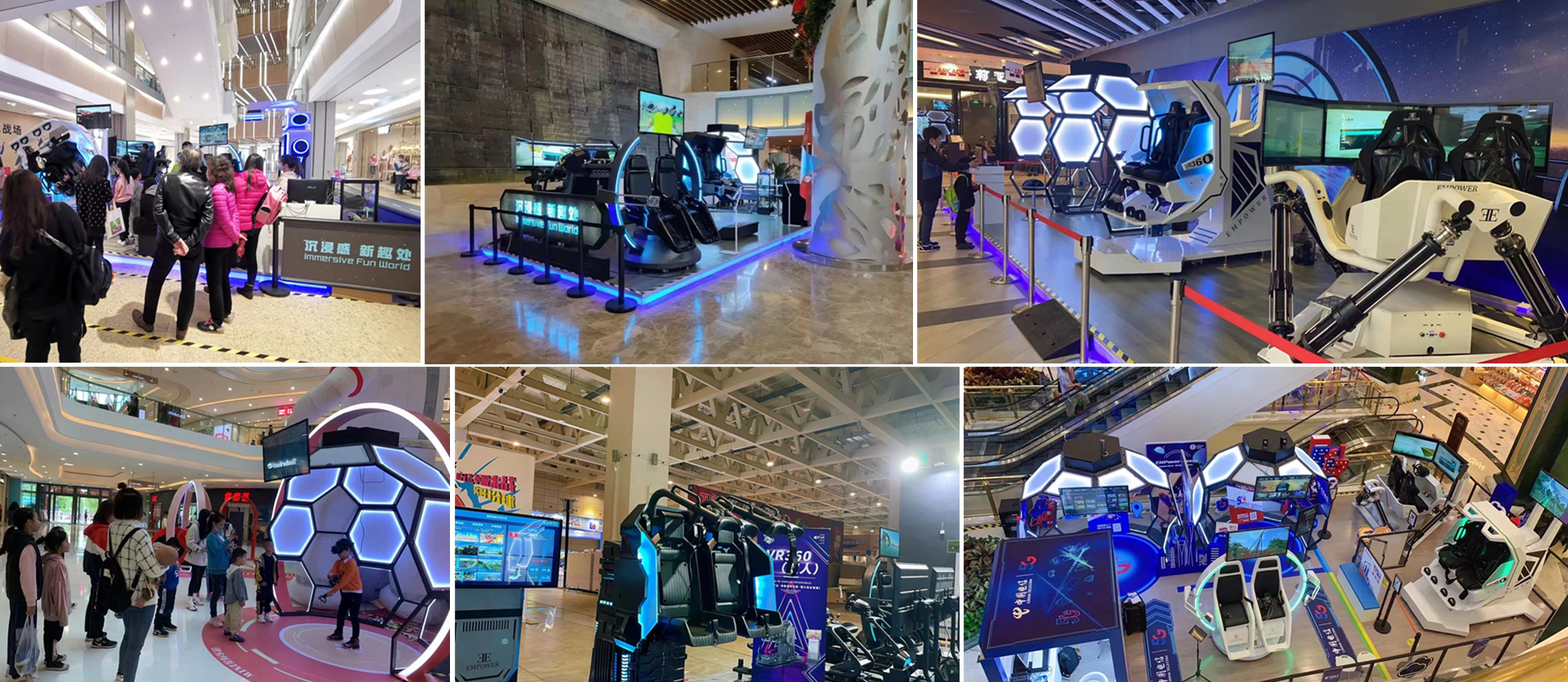
Starting a VR game center can be a potentially lucrative business, depending on various factors such as market demand, location, competition, and the quality of your offerings. Here are some points to consider:
- Growing demand: Virtual reality gaming has gained significant popularity in recent years, and the market is expected to continue growing. Many people are eager to try immersive and interactive experiences, making it an attractive niche.
- Unique experience: VR game centers provide an opportunity for customers to experience virtual reality in a controlled environment with high-quality equipment. By offering a diverse range of games and experiences, you can attract both avid gamers and casual customers looking for something new and exciting.
- Target audience: Identify your target audience, whether it’s gamers, families, or corporate team-building events. Understanding your potential customer’s preferences and needs will help you tailor your offerings and marketing strategies effectively.
- Location: Choose a location that is easily accessible, preferably in an area with high foot traffic or near popular entertainment venues. Consider the size of the space required to accommodate the VR setups and ensure there is sufficient room for customers to move around comfortably.
- Equipment and technology: Invest in high-quality VR equipment to provide an immersive and smooth experience for your customers. Regularly update your hardware and software to stay up-to-date with the latest advancements in VR technology.
- Variety of experiences: Offer a wide range of VR games and experiences to cater to different preferences. This can include action-packed games, cooperative multiplayer experiences, virtual escape rooms, and more.
- Staff and expertise: Hire knowledgeable staff who can assist customers with setting up and navigating the VR systems, ensuring a smooth experience for everyone. Additionally, having staff members who are well-versed in troubleshooting technical issues can enhance customer satisfaction.
- Marketing and promotion: Develop a strong marketing strategy to create awareness about your VR game center. Utilize online platforms, social media, and local advertising channels to reach your target audience effectively.
- Pricing structure: Determine your pricing structure based on factors such as game duration, number of players, and the cost of equipment maintenance. Consider offering different pricing options to cater to both individuals and groups.
- Customer feedback and continuous improvement: Collect feedback from your customers regularly and use it to improve your services. Incorporate new games and experiences based on customer preferences and stay updated with the latest trends in the VR gaming industry.
It’s important to conduct a thorough market analysis, assess the local competition, and develop a solid business plan to increase your chances of success. With a well-executed strategy and a focus on providing exceptional experiences, a VR game center can be a profitable venture.
